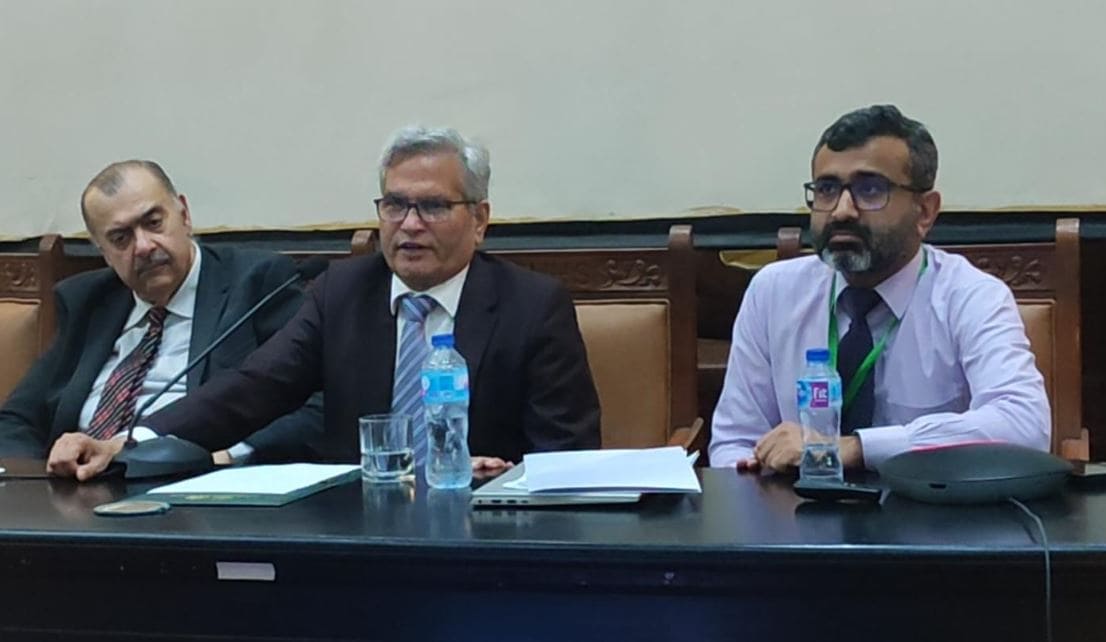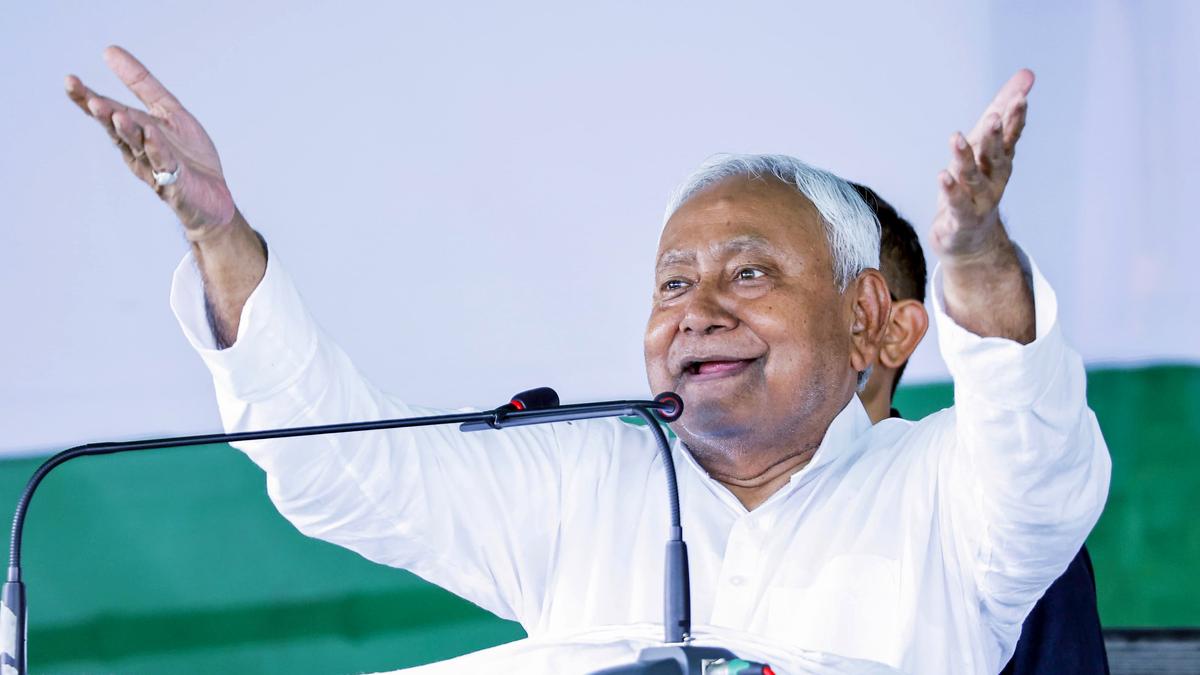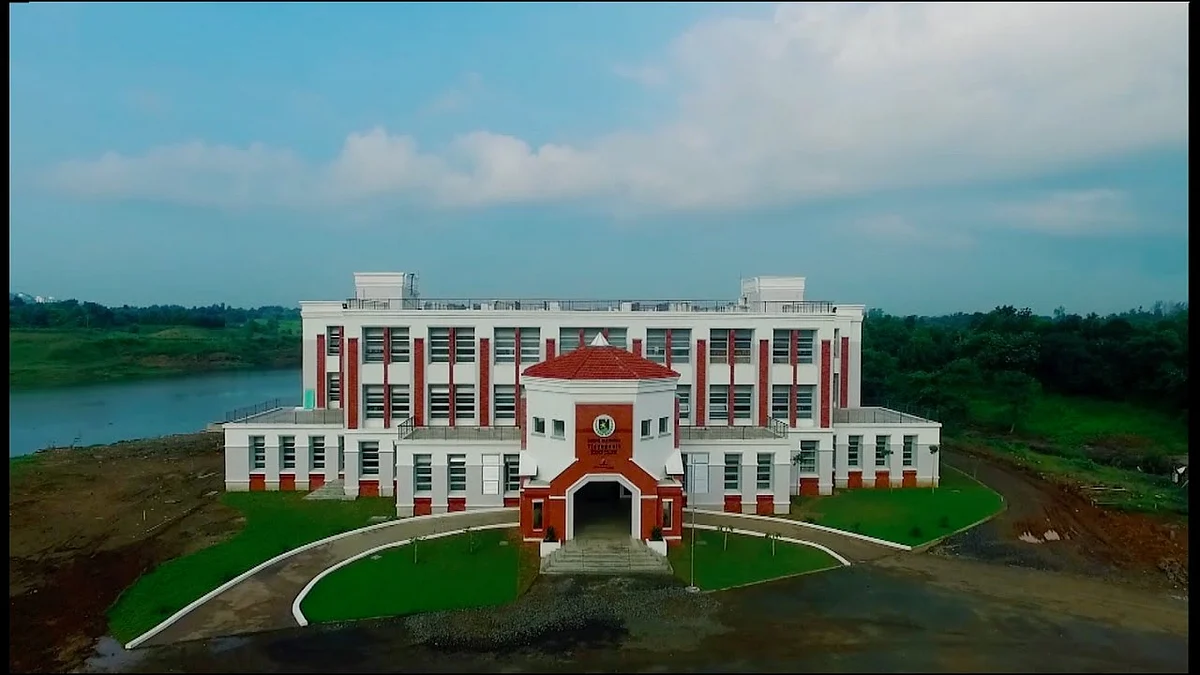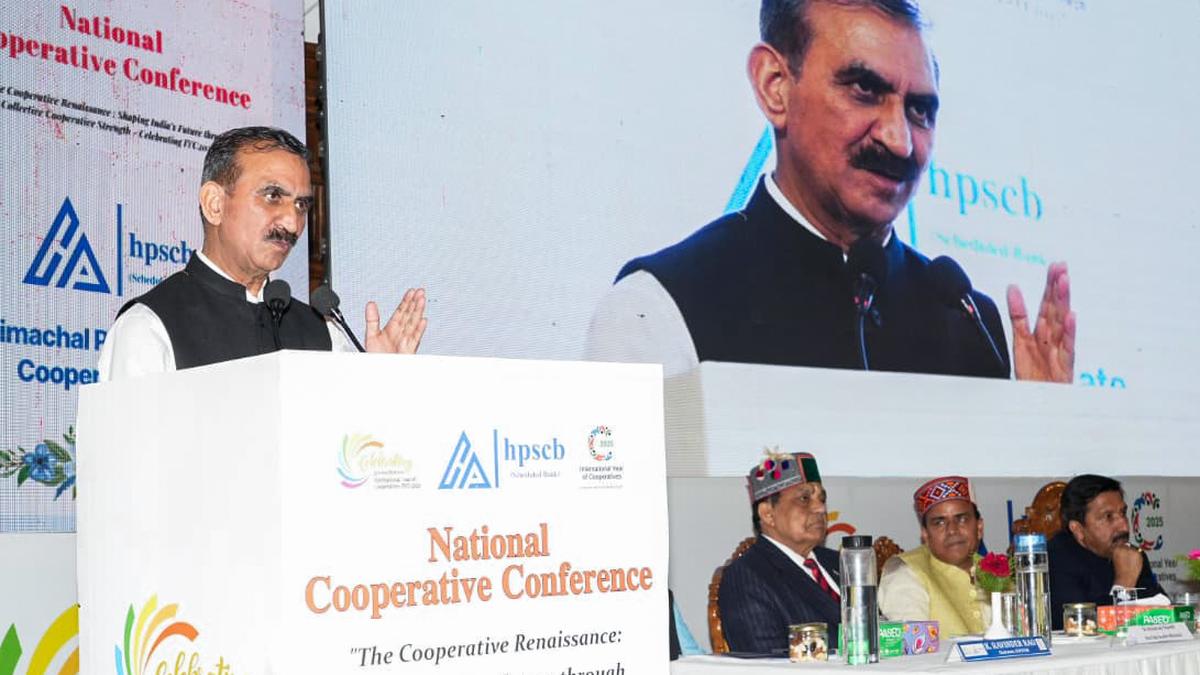By Web Desk Staff
Copyright pakobserver

LAHORE – “Artificial Intelligence (AI) is no longer a futuristic concept in medicine but a rapidly evolving tool reshaping the way doctors diagnose, treat, and prevent disease”. At the University of Health Sciences (UHS), on Thursday, Professor Dr. Isaac John, Associate Director of Research & Development at Ashford and St Peter’s Hospitals (ASPH) NHS Foundation Trust, UK, and Honorary Senior Lecturer at Royal Holloway University of London, UK, delivered a lecture exploring how AI is transforming healthcare delivery and medical education.
The session began with an introduction by the UHS Pro Vice Chancellor, Prof Nadia Naseem, who welcomed the speaker and underlined the importance of digital innovation in medical education. Principals of public and private sector medical and health institutions, senior faculty, and students attended the seminar.
Prof. John said that digitization was shaping every aspect of life and healthcare could not remain untouched. For AI systems to succeed in patient management, he stressed, reliable and high-quality data was essential. He underlined that AI has the potential to reduce healthcare costs, support accurate diagnoses, and offer personalized treatment options.
He explained that in diagnosis, AI is already making headway in radiology, pathology, and laboratory medicine. Other frontiers include robotic interventions, AI-assisted surgeries, and the development of personalized medicines through genetic data. Virtual health assistants, he added, can support patient monitoring, send medicine reminders, and facilitate communication with providers.
Prof. John also discussed how AI can streamline hospital operations from automating scheduling and managing patient records to optimizing billing processes and even predicting patient admissions. He pointed to electronic medical records (EMRs) as a cornerstone of this transformation, noting that disease registries, imaging data, and prescription histories can all fuel AI systems. Referring to Pakistan, he mentioned the Pak EMR, NADRA systems, and patient portals, emphasizing the need for standardized coding and integration of EMRs at the national level.
“The potential is immense, but the key lies in collaboration and a multidisciplinary approach. With the right partnerships, this can be achieved in Pakistan too,” he remarked.
In his concluding remarks, UHS Vice Chancellor Prof. Ahsan Waheed Rathore said that while AI was promising, it needed to be used wisely. “Artificial intelligence only interprets the data we provide. It is our responsibility to ensure accuracy and transparency. We also need to chalk out a clear policy for our students on the appropriate use of AI in healthcare,” he stressed.
The lecture ended with an engaging discussion among faculty and students on the opportunities and challenges of adopting AI-driven healthcare solutions in Pakistan.



